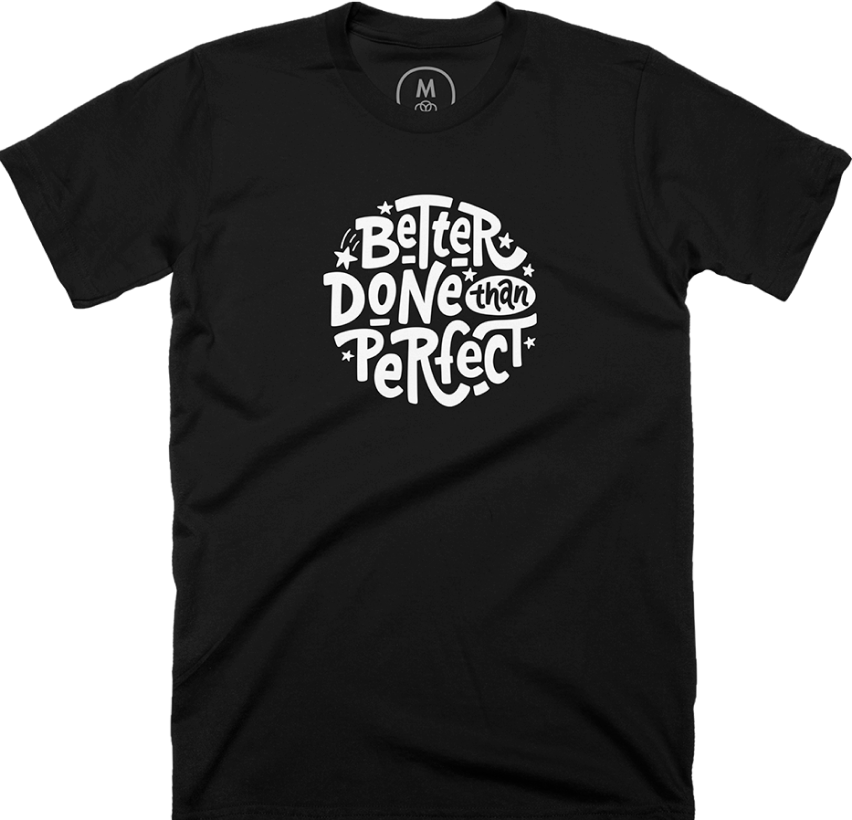An electrical engineer turned SaaS founder, Josh Ho entered the industry through his first B2C SaaS product, UberNote. While his first venture didn’t really take off, he took all the lessons learned from that experience in launching his current SaaS, Referral Rock:
“It essentially came from knowing that I didn’t want to do any sort of B2C type of SaaS in that nature. I focused towards B2B because I lived through doing marketing and building a product but not being able to get any revenue out of it.”
Referral Rock is a B2B SaaS that helps any type of business get more word-of-mouth referrals through customer, influencer, and partner programs.
Doing sales as an indie hacker
After getting his first Referral Rock customer in June 2015, Josh continued to wear the salesperson hat for a few years. Initially, he thought that all he had to do was chat support:
“It was the indie hacker dream that really never came a hundred percent true for my intentions. And within six months of me doing support for customers, I would just get frustrated with them because typing responses makes things slow and I just started saying, ‘Hey, do you want to just jump on a screen share? And I’ll just show you and we’ll talk about your problems and whatnot.’”
At the time, Josh was only charging $50/month and his customer support system made sense in the indie hacker model.
But once he started talking to more customers, he started converting more leads because of his product knowledge:
“I started converting a lot more sales. They could actually see me and understand what I was talking about. I could show them different parts of the product that had poor user experience and that they would never find on their own. They get all these little intricacies when they talk to a real person who acts as a concierge through the product, it’s a world of a difference.”
And the bonus point to talking to customers as a founder? You can also share your roadmaps and upcoming features with them.
Eventually, it became clear to Josh that he was indeed performing the role of a salesperson:
“I stumbled into it and honestly, I didn’t even call myself a salesperson. I thought I was just helping people.”
Finding the right salespeople
As a solo founder at the time, Josh had to take on these calls with customers and it took up a big chunk of his schedule. But he also had to think about how he could continue growing the business and improving the product:
“As I scaled this myself as a business, I was running out of time. I would look at my schedule and be like, ‘I’m not building as much product. I’m not doing other marketing.’ I’m essentially on these one-on-one calls, which were great, because they were converting.
But now, how can I level myself up? How can I scale that part with me out? And that’s where the first idea of getting a real salesperson came in.”
Aside from freeing up his schedule to focus on the product, he also wanted to bring in an expert who understands the different aspects of sales:
“We’re also talking about inside sales. We’re talking about people coming to you, making demo requests, doing consultative calls and things like that. At that point in time, I really didn’t know what all these different roles were.
I was a developer and I built the product. I did some marketing, but I seldom actually got on calls with people in the past. So I was like, ‘Let me get a real salesperson that knows how to sell.’”
Josh hired his first salesperson in the summer of 2016 which unfortunately was a bad fit. He then used this experience to get specific on what he was looking for in a salesperson:
“I just need someone to plug in and save myself some time. So when I found that first salesperson, the prerequisite essentially was: can they do at least the bare minimum of what I was doing? Maybe not a hundred percent as effective, but could they at least be a good replacement so I could go work on the other things that could help level up the business.”
After sending another round of job postings, Josh brought in Mica, their current director of sales, to join him. Because Mica had a founder mentality, he was crucial in setting up and improving their sales processes.
He also found that the salespeople who had strong opinions were essential building blocks in Referral Rock’s growth:
“It was better for us to hire player-coaches that had done it before. They were either a lead so they’ve seen the show, or they might have been involved with helping set up CRMs and the like.
They definitely have a strong opinion about their preferences, but these people were much more adept at clicking in and actually picking up and helping. If anything, that’s why they joined us: because they would have that autonomy and wouldn’t have to work under a system they disagreed with.”
Investing in a CRM
When Josh was doing everything himself, he was using a simple CRM to keep track of leads and customers. But after bringing in Mica, the wheels started to take off a bit and they knew they needed to transition to a CRM that suited their needs.
They ended up going with HubSpot which at the time, was still on the rise:
“We keep benefiting from all the things they keep building out in front of us. So we’ve never outrun them in terms of features.
The Referral Rock team was now able to share email, follow-up scripts, dashboards, and other better practices that Josh couldn’t do on his own. And once they added more salespeople to the team, they were able to leverage the CRM to establish a better sales system:
“It was never about me monitoring Mica, but he needed it once we added other sales people. So he set up dashboards to help them really refine their role.”
Having a CRM also takes away the data entry aspect of sales work, helping your salespeople focus on the job you expect them to do and thus deliver better results.
Why you should do founder-led sales
Why should founders experience doing sales? They’re in the best position to close deals because of their product knowledge:
“The founder is also thinking long term and is the person that’s really trying to push for the close of the sale because they really understand where the product is going.”
And the benefit of doing founder-led sales is that customers give you a higher level of trust:
“There’s a massive trust factor you just have going in. The fact that you talk about the product, the sound of your voice when you’re in those calls are hard to emulate compared to an externally hired salesperson.”
Discovery calls
Aside from demo calls, another process involved in sales is doing discovery calls:
“Most of the sales are really about trying to find out if your product is the right fit for the lead. So it actually involves you asking very specific types of questions, but then letting them talk about it.
It’s less about you showing and more about you asking. You then show them once the stars align to those right points.”
If you’re unsure of what to ask your leads during these discovery calls, a great question to ask is: what is your plan/direction?
“I always defaulted back to: ‘What is your plan for a referral program?’ That was always my first opening because it would allow me to set the tone based on the direction they were going.”
And depending on their answer, you would know where to meet them:
“If someone goes: ‘Oh, I don’t have a plan.’ My brain can immediately go: ‘Oh. So earlier, we’re talking about…’ We may not even get to the product. I have to talk to them about the conceptuals of how this could work.
Now, if they come in with a plan saying, ‘I want something like Uber’s program,’ then I can start there because it meets them where they are. They’re talking about what a program is for them and I can also offer consultative advice.”
Motivating leads to take action
While Josh admits he wasn’t really good at doing follow-ups or asking sales questions, he still asked questions that would hopefully inspire leads to take action:
“Is there anything I can do to help you? When do you want to get started? So try to ask them questions that would push them in that direction.”
Jane shares that you can also use these other questions to put leads in a different thinking mode:
- What’s your timeline for adopting such tools?
- What can we do to help you become a paying customer?
Documenting sales calls
When Josh was doing sales calls as a solo founder, he’d write down or type his notes and do some cleaning up after. He would then organize them so that he’d know how to follow up:
“I would try to take maybe at least five minutes between calls and things like that to self summarize. It might have some bulleted points and I might organize them or move some things around.
How I followed up with them and where I put them after that depended on where I felt their timeline was.”
Now that the team has grown, the documentation process has become more sophisticated. They now have a form on HubSpot to gather data about their contacts such as: what other software are they looking at? What are their timelines?
This gold mine of data also helps them make product and other decisions:
“It is one of those cases where a developer would propose building an integration. The data would help us answer questions like: ‘I wonder how many prospects have considered using X integration for that?’ and ‘even if the prospect didn’t buy, was it a person that was a good potential customer and we just didn’t close the deal?’ So we do look at that information to help us with future decisions.”
Their team also makes use of their Zoom recordings to improve the quality of sales calls and data gathering:
“Mica and his team will pick one recording each week and listen to it. They do some kind of peer coaching in addition to trying to use software to pick out trigger words, pick out different things and trends and patterns and things like that.”
The sales compensation plan
At Referral Rock, the compensation model for salespeople is 50-50: 50% base salary and 50% based on performance. But they also incorporate other little ways to help their salespeople close those deals such as getting bonuses for selling longer-term plans:
“If we get more cash up front, it’s easier to pay more cash upfront as well. And when you have someone on for an annual, you also have the chance of re-engaging them. Maybe they don’t launch in the first month or maybe they get busy. But since you have them for the year, you know, you get multiple reps at trying to reignite their onboarding or things like that.”
They also provide extra bonus services to customers on the longer term plans to make it easier for salespeople to close the deal:
“For example, we would offer more concierge onboarding with our customer support team if they bought an annual or a six-month deal type of thing. They (salespeople) were saying, ‘Oh, you can give us more money upfront, but we’ll also provide extra bonus services that you would also otherwise have to pay for when you’re doing a monthly type of thing.’”
It’s challenging to create the alignment between the business, the salesperson, and the customer side which is why it’s important to revisit them frequently:
“As you add products, features and plans, it often disrupts some of those things. So you probably have to look at it every six months or at least every year to reassess. Look at the history, look at what changes are, understand what makes a sale easy for salespeople versus what stuff adds more friction where it was unnecessary.”
Inbound vs outbound sales
To understand the difference between inbound and outbound sales, compare them to farming and hunting:
“People are essentially going out and hunting for things versus just farming the things that are coming in.”
The great thing about outbound? Salespeople can target who they want to sell to. But the caveat is that they also have to qualify these leads aside from knowing if they’re ready to buy:
“If you’re reaching out to them and you’re asking like, ‘Hey Jane, you want a referral software? What’s your timeline?’ You’ll be like, ‘Uhm, I didn’t know I was supposed to have a timeline. Aren’t you calling me?’
So those types of questions are different. When you’re doing outbound sales, you have to generate some level of interest in what you do to even get them to start thinking about it. You might be presenting early information that leads them thinking about a solution in your area before you can even get into kind of setting up a call.”
Essentially, the role of outbound is to establish that connection before the lead can be handed off to an account executive.
“It’s almost two separate sales rules where someone is doing the outreach and they’re bringing them in. And then the other person is starting from the same block that we talk about from inbound.
They’re starting by asking more detailed discovery questions. Hopefully there isn’t too much crossover, so the customer doesn’t feel like they got asked the same questions by two different people. I’d say the inbound side starts on what is typical to handing off a warm lead.”
Final advice
Do be regimented about the follow-up.
“Even if our salespeople didn’t have those founder superpowers, they were able to close deals because they had processes, regimented automation, and systems in place.”
Don’t be afraid of leaning into those founder superpowers.
“If you’re also the product manager and developer, put your name on the line. You can probably build that new feature and close a lot of sales that way as well.”
Thanks for listening! If you found the episode useful, please spread the word on Twitter mentioning @userlist, or leave us a review on iTunes.


